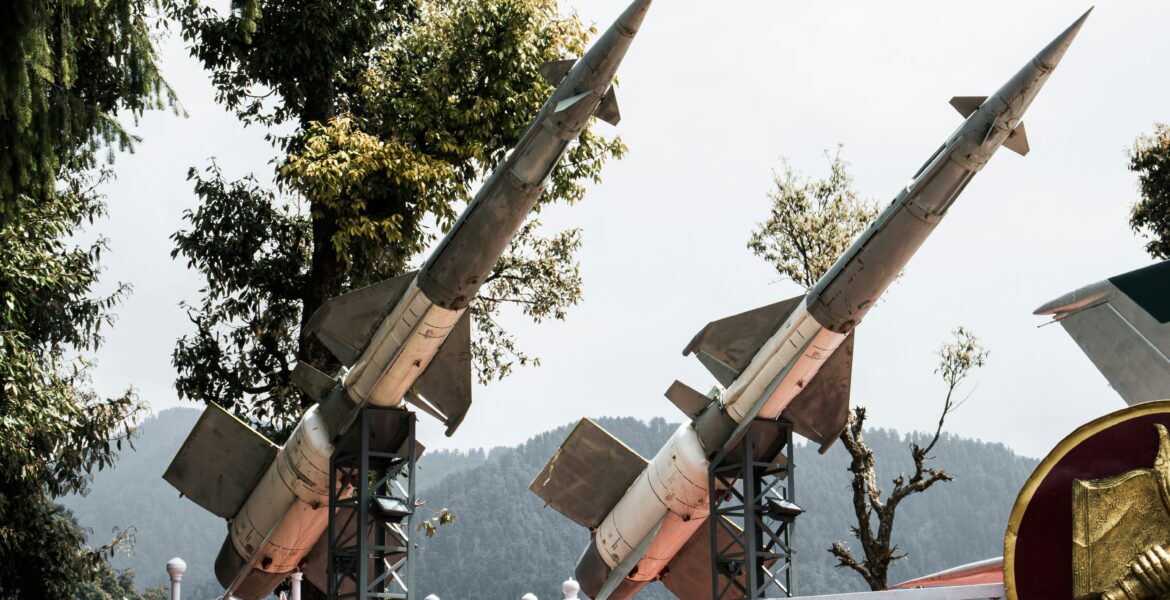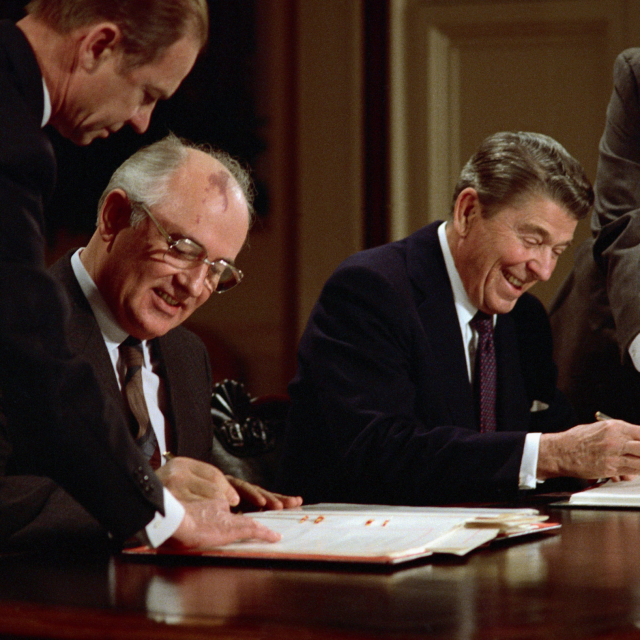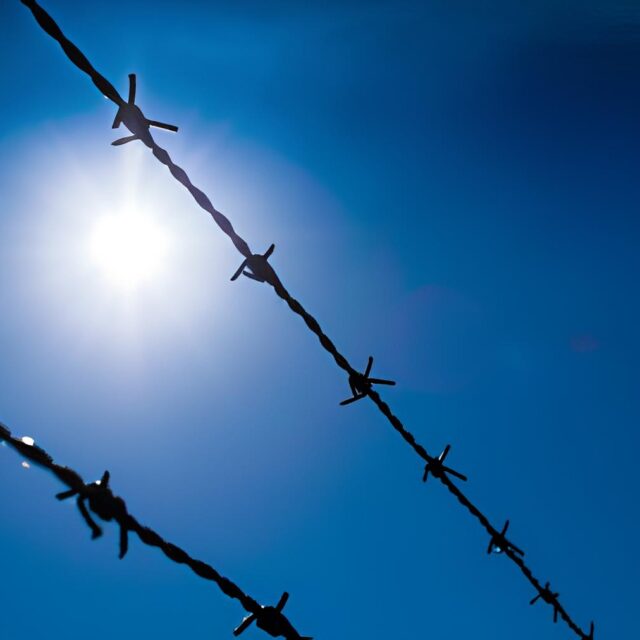Photo by Akshat Jhingran on Unsplash
On 29 August an informal meeting of European Union foreign ministers took place in Brussels, focusing on key issues of supporting Ukraine amidst the ongoing Russian aggression. One of the central topics was Ukraine’s use of long-range weapons to strike legitimate military targets on Russian territory, which sparked significant debate among EU countries. Ukraine’s Foreign Minister, Dmytro Kuleba, called for the removal of restrictions on such actions, emphasizing the need to strengthen the defense of Ukrainian civilians, especially children, before the start of the school year.
These calls gained even more urgency after the recent shelling of the city of Hlukhiv in the Sumy region on August 30, when Russian shells hit a school just three days before the start of the school year. This strike caused significant damage to the school and residential infrastructure, once again highlighting the immediate danger faced daily by Ukrainian children and civilians due to ongoing attacks. Such actions underscore the critical need for increased support for Ukraine, including the provision of long-range weapons that would enable effective resistance to Russian aggression and protect the civilian population.
Since Russia’s invasion of Ukraine in February 2022, the number of child casualties has significantly increased. According to the United Nations, at least 633 children have been killed and over 1,550 injured during this period. In the first half of 2024 alone, the number of killed and injured children increased by 40% compared to the previous year, reaching 341 cases. These figures confirm the urgent need for measures to protect Ukrainian children and civilians from Russian aggression.
Belgium plays an active role in supporting Ukraine on both military and humanitarian fronts. The Belgian government has sent various types of military aid to Ukraine, including anti-tank grenade launchers, machine guns, ammunition, medical kits, and armored vehicles. Belgium is also involved in European initiatives to train Ukrainian soldiers, enhancing their professional skills for more effective defence of the country.
In addition, Belgium provides significant humanitarian assistance. It offers financial support to international organizations such as the International Committee of the Red Cross and UN agencies to meet Ukraine’s urgent humanitarian needs. Belgian authorities actively assist Ukrainian refugees, providing temporary shelter and access to medical care and educational programs for children affected by the war.
Despite significant support from the international community, the situation requires more decisive action. The ongoing attacks on Ukrainian civilians, such as the strike on the school in Hlukhiv, highlight the need for more active use of long-range weapons by Ukraine to protect its citizens. Long-range weapons would allow strikes on legitimate military targets in Russia, such as military airfields and ammunition depots, reducing the Russian army’s ability to conduct further attacks.
The Netherlands and the Czech Republic have already lifted restrictions on the use of the weapons provided to Ukraine. The Netherlands, having provided Ukraine with F-16 fighter jets, emphasized that the Ukrainian side has full rights to use this equipment at its discretion. The Czech Republic has also called on other Western countries to lift restrictions, stressing Ukraine’s right to self-defence under international law.
In the current situation, providing Ukraine with long-range weapons is becoming an integral part of the strategy to protect civilians and ensure the safety of children. The international community, including the European Union and its members, must recognize the importance of immediate action to support Ukraine. The use of long-range weapons against legitimate military targets on Russian territory will be an important step toward stopping further aggression and ensuring stability in the region. Belgium and other EU countries continue to provide military and humanitarian aid to Ukraine, thereby supporting the pursuit of a just peace and the protection of democratic values in Europe and the world. In the face of constant threats to civilians, such support is of particular importance.




